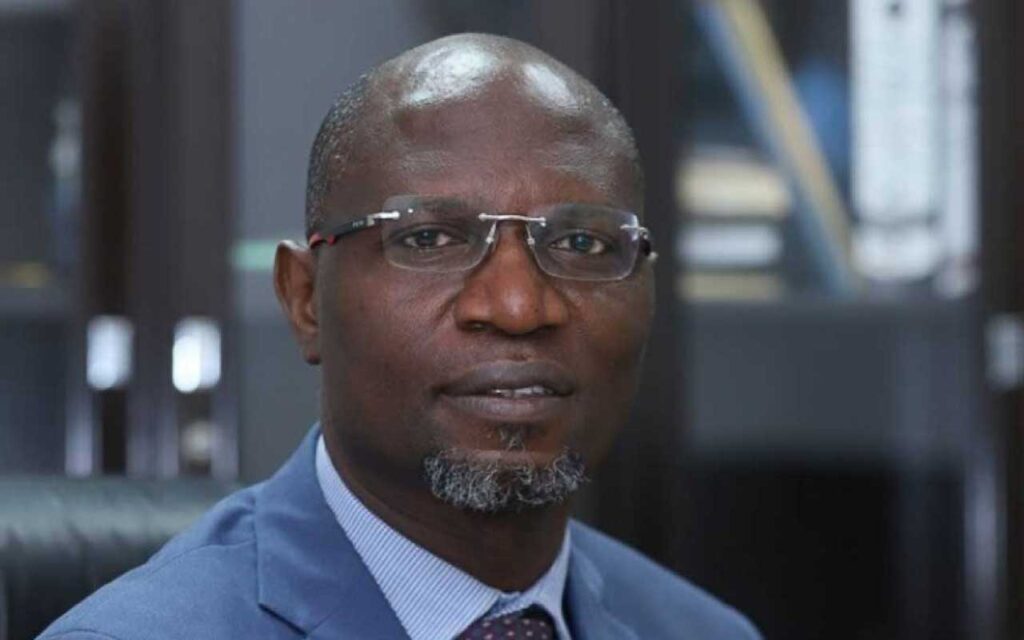 Experts have advised that the incoming government will need to restructure all sectors from federal down to state level to reduce the N77 trillion debt that would be inherited by the incoming administration by the time President Muhammadu Buhari’s tenure ends in May 2023.
Experts have advised that the incoming government will need to restructure all sectors from federal down to state level to reduce the N77 trillion debt that would be inherited by the incoming administration by the time President Muhammadu Buhari’s tenure ends in May 2023.
A petroleum engineer, tax expert and oil and gas analyst, Bala Zakka warned the Federal Government about the rising debt profile and worsening state of the economy, saying they were problematic to economic development.
According to him, the incoming administration must be firm and not allow the state of the economy to get worse than it is at the moment.
Zakka said to bring the debt of the country down, the government needs to look into all sectors.
“The next government must look into energy costs, bring down the electricity bill, and bring down the petroleum cost. It is until then that manufacturing will do well. The government also needs to improve the security situation where needed so that farmers and traders can go to their places in peace.
“If the government deploys more security to the rural areas, the people at the IDP camp will be able to perform their daily duties.”
Former president, Chartered Institute of Bankers of Nigeria (CIBN), Mazi Okechukwu Unegbu, said the immediate challenge for the next government is to restructure and stabilise the economy.
He said the nation’s debt profile had become a problem in the face of its dwindling revenue and unsustainable burden of subsidy payments.
“N77trillion is a lot of money that can be paid in a year or so, the incoming administration must restructure the debt or else Nigeria will become a debt country that can’t be restructured again.”
Unegbu stated that economic mismanagement might result in major manufacturing job losses, given the rising cost of production and other factors.
He warned that the borrowings are significantly increasing, and that Nigeria was struggling to service the debts owing to revenue mobilisation challenges and an increased fuel subsidy burden.













